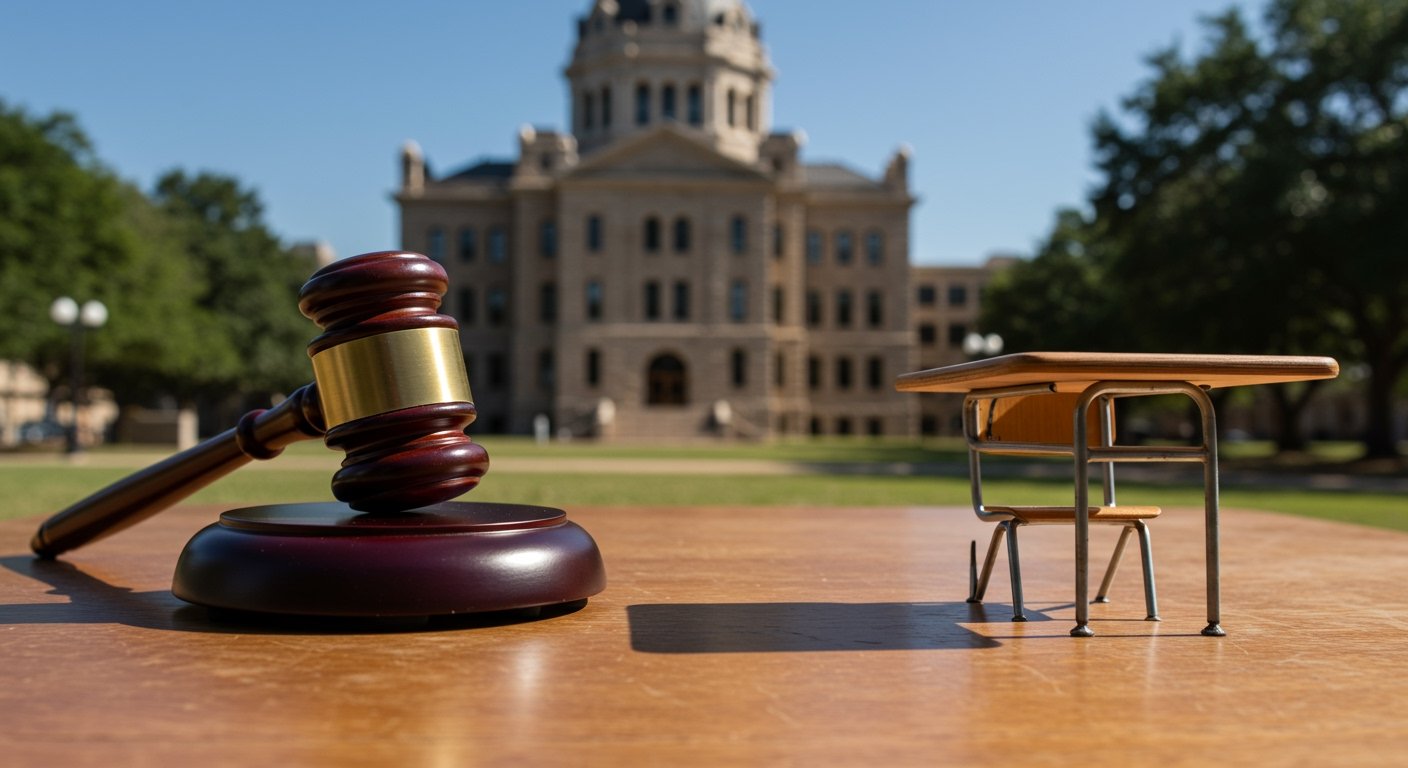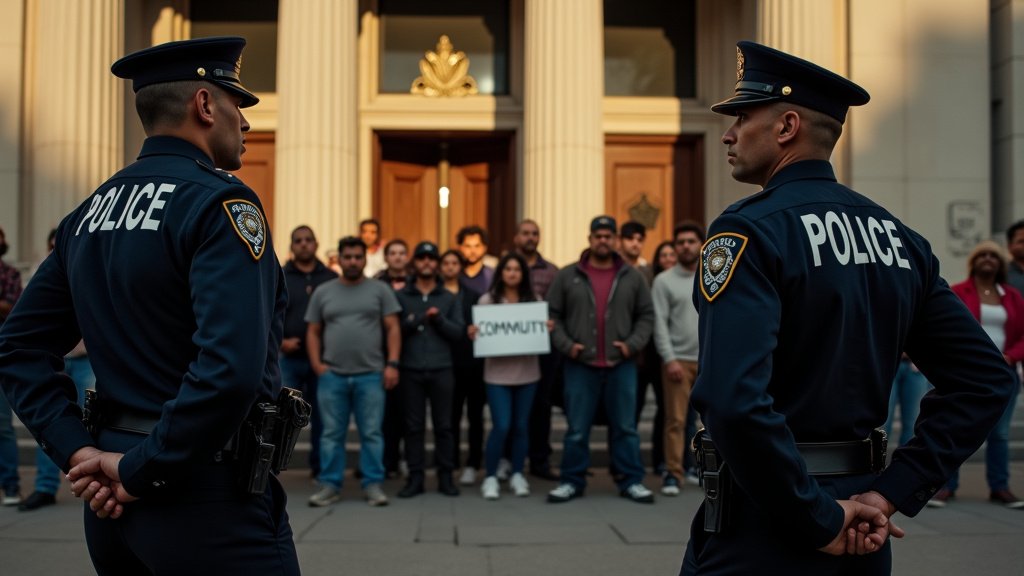A coalition of Texas faith leaders has initiated a significant legal challenge against the state’s new law requiring the display of the Ten Commandments in every public school classroom. The federal lawsuit, filed this Tuesday against the state education agency, contests the constitutionality of Senate Bill 10 (SB 10), which was signed into law last Friday by Governor Greg Abbott.
SB 10 mandates that a display of the Ten Commandments be placed in all public school classrooms across Texas. The legislation is scheduled to take effect on September 1st.
Legal Grounds for the Challenge
The lawsuit was brought forth by leaders representing both Christian and Islamic congregations within Texas. Their filing argues that SB 10 violates the First Amendment rights of parents and their children, specifically citing the Establishment Clause, which prohibits government endorsement of religion.
The plaintiffs assert that mandating the display of religious text in public schools amounts to state-sponsored religious activity, thereby infringing upon the constitutional guarantee of religious freedom. They highlight that the specific version of the Ten Commandments required by the law may not align with all religious interpretations, potentially alienating students from diverse faith backgrounds or no faith tradition.
Furthermore, the legal challenge points out a crucial aspect of precedent: no federal court has previously upheld the mandatory display of the Ten Commandments in public school classrooms as constitutional. This historical lack of judicial approval forms a central pillar of the faith leaders’ argument that SB 10 oversteps constitutional boundaries.
State’s Position and Gubernatorial Response
Governor Greg Abbott has vociferously defended the new law. On Wednesday, the governor took to social media to articulate his support, stating, “Faith and freedom are the foundation of our nation. if anyone sues. we’ll win that battle.”
The governor’s statement underscores the state leadership’s intent to defend SB 10 against legal challenges, framing the law as consistent with the foundational principles of the United States. This stance sets the stage for a potentially protracted legal battle over the separation of church and state in public education.
Background and Context
The debate over displaying religious texts or symbols in public schools has a long history in the United States, frequently leading to court challenges. The Supreme Court has previously ruled on related matters, generally striking down practices that appear to endorse religion.
The plaintiffs’ argument that no federal court has previously upheld such a display in public schools suggests that SB 10 ventures into legally uncharted territory, or rather, territory where similar legislative attempts have historically faced constitutional obstacles.
Advocates for laws like SB 10 often argue that the Ten Commandments represent a historical or moral code rather than a purely religious doctrine, a view contested by opponents who emphasize its origin and significance within specific religious traditions.
The lawsuit filed this week adds Texas to a list of states where laws concerning religion in schools have sparked significant legal and public debate. The outcome of this federal case could have implications beyond Texas, potentially influencing similar legislative efforts elsewhere.
Path Forward
The filing of the lawsuit in federal court marks the beginning of the legal process. The state of Texas, likely represented by the Attorney General’s office, will be required to formally respond to the complaint filed by the coalition of faith leaders.
Legal experts anticipate that the case will involve extensive legal arguments concerning the interpretation of the First Amendment’s Establishment Clause in the context of public education. The court will examine whether the mandatory display of the Ten Commandments constitutes an impermissible government endorsement of religion or serves a secular purpose.
Given that SB 10 is scheduled to become effective on September 1st, the plaintiffs may seek a preliminary injunction from the court to prevent the law from being implemented while the lawsuit proceeds. Such an injunction would temporarily halt the enforcement of the display requirement, pending a final ruling on the law’s constitutionality.
The case is expected to draw national attention as it navigates the complex intersection of religious freedom, governmental authority, and the public school environment.
Conclusion
The federal lawsuit brought by a diverse group of Texas faith leaders poses a direct challenge to Governor Abbott’s assertion that the state will prevail in court over Senate Bill 10. By arguing that the mandatory classroom display of the Ten Commandments is unconstitutional and infringes upon fundamental rights, the plaintiffs are initiating a legal battle that will test the boundaries of church-state separation in Texas public schools ahead of the law’s scheduled implementation on September 1st. The court’s decision will be a critical moment for religious freedom and public education in the state.






